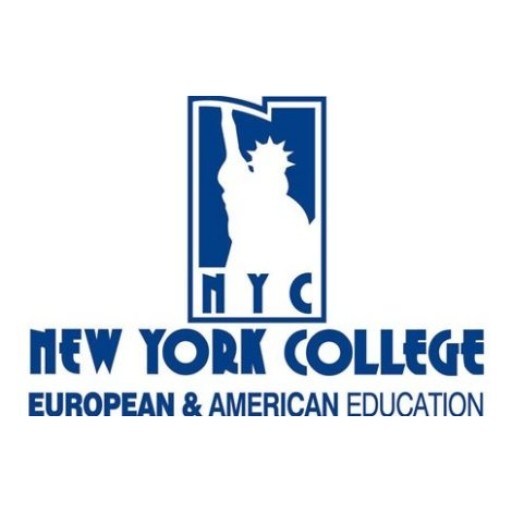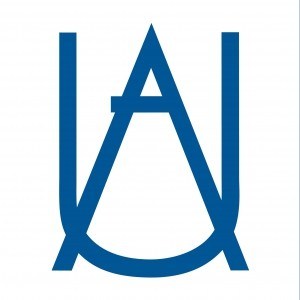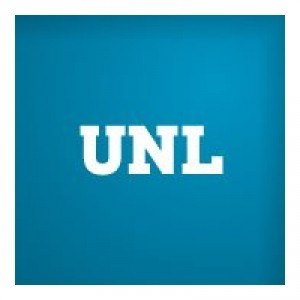Photos of university / #uncchapelhill
The Bachelor of Arts in Media and Journalism at the University of North Carolina at Chapel Hill offers students a comprehensive education in the dynamic fields of mass communication, journalism, and media production. This program is designed to equip students with critical skills in writing, reporting, storytelling, media analysis, and digital communication to prepare them for diverse careers in media industries, including news organizations, broadcasting, digital media, public relations, and content creation. The curriculum combines theoretical foundations with practical applications, emphasizing ethical considerations, media law, research methods, multimedia storytelling, and data analysis. Students have the opportunity to explore various specialties such as broadcast journalism, digital media production, investigative reporting, and media studies, allowing them to tailor their education to their individual interests and career goals. The program also encourages experiential learning through internships, workshops, and collaborative projects with media outlets and industry partners, giving students real-world experience and professional connections. Faculty members are experienced professionals and scholars committed to mentoring students and fostering innovative thinking in a rapidly evolving media landscape. Additionally, students benefit from state-of-the-art media facilities, including broadcast studios, editing suites, and digital labs, to develop their technical skills. Graduates of this program emerge as informed, ethical, and adaptable media professionals ready to navigate and shape the future of communication in a globalized world. The program emphasizes diversity, inclusion, and responsible journalism, ensuring students understand the social impact of media and their role as responsible communicators in society. With a strong network of alumni and industry partnerships, UNC-Chapel Hill provides a supportive environment for students to launch successful careers in media and related fields.
UNC School of Media and Journalism doctoral students are expected to attain a high degree of competence in research methodology and develop expertise in at least one substantive area of study as well as a broad range of knowledge concerning mass communication in modern society. The specific content of students’ programs will be determined by the students themselves and their committees, and will vary with the background, interests and goals of each student. The school also offers a J.D./Ph.D. dual degree program in conjunction with the UNC School of Law.
The school currently requires students to take four core courses:
- MEJO 701: "Mass Communication Research Methods"
- MEJO 705: "Theories of Mass Communication"
- MEJO 740: "Mass Communication Law"
- MEJO 742: "Readings in Mass Communication History"
Any incoming student who has been accepted into the Ph.D. program and wishes to waive any of the four core course requirements should submit a copy of the syllabus from the graduate-level course he/she has already taken, along with copies of any papers written for and exams taken in the course. Waiver requests will not be allowed for any courses taken more than five years ago, and requests will be accepted only from those students who received an “A” or “B” (or the equivalent) in the previously taken course.
Waiver requests should be submitted by June 1 each year. Requests will be reviewed by a committee consisting of the associate dean for graduate studies, the director of the Ph.D. program and the faculty member who most recently taught the core course. This committee will determine whether the previously taken course is substantially similar to the MEJO-required course in terms of material covered, skills required and quality of instruction. Students will be notified by July 1 if their waiver applications have been approved. If a student’s application is approved, the core course requirement will be waived, but the student will be required to take another three-hour course in its place.
No more than two core course waivers will be granted.
Sixteen courses, totaling at least 48 graduate credits (400-level and above courses), in addition to at least six dissertation credits, are required for the doctorate. Those 16 courses must be arrayed into three groups of courses: (1) a substantive area of study, consisting of at least 15 hours of coursework, (2) research methods, consisting of at least four courses and (3) if a student chooses to declare a secondary area, it must include at least 9 hours of coursework. Areas of specialization should be selected from the substantive areas of study. The research methods a student chooses to study must be appropriate to the student's areas of specialization and dissertation topic. Programs are reviewed and approved annually by the student's adviser and the Ph.D. program director.
If a doctoral student gets an “L” (low passing grade) in a core course (MEJO 701, MEJO 705, MEJO 740, MEJO 742), he or she must pass a comprehensive examination given during the following semester. If the student fails the exam, he or she will be allowed to retake the course once. If the student again earns an “L,” he or she will not be allowed to continue in the program.
If a graduate student receives any funding for his or her education from a school-based source, continued funding is based on a student’s satisfactory progress in his or her coursework and satisfactory performance in the assistantship. Satisfactory performance in the assistantship will be determined by the associate dean for graduate studies in consultation with the student’s assistantship supervisor, the student’s adviser and the Ph.D. director. If a student gets an “L” in one of the core courses, that “L” is not removed by passing the examination or by getting a “P” upon retaking the course.
Other requirements include the following:
- At least eight courses, totaling at least 24 credits, at the 700 through 900 levels within the School of Media and Journalism.
- At least four semesters in residence, with a minimum of two semesters in continuous study at UNC-Chapel Hill.
- Satisfactory performance on written and oral comprehensive exams. Students must take both written and oral exams at the end of their doctoral coursework. The written exams consist of five exams of four hours each; each doctoral committee member is responsible for a four-hour question block. These exams come before the oral examination or the proposal defense, which may be combined. Students must pass all five of the written exams before they are allowed to go forward with the orals or the proposal defense. The Graduate School allows students to retake failed written questions one time only. Three months must elapse between the original examination and the retaking of the failed portion.
- Successful completion and oral defense of a dissertation.
- Application fee (non-refundable $85)
- Transcripts (complete, not selected courses)
- One unofficial transcript from each university attended must be uploaded within the application. All unofficial transcripts must be uploaded to your application in order for your application to be reviewed. Please do not mail transcripts as part of your admission application; we only accept unofficial uploads for application evaluation. If you are offered admission, one official transcript for each university attended will be required prior to the first day of the term.
- Current letters of recommendation
- The email address of three recommenders will be required within the application for electronic submission.
- Standardized test scores
- (GRE, GMAT, etc.; no more than 5 years old.)
- Statement of purpose
- Resume/CV
- TOEFL or IELTS score (no more than two years old)
- Completed financial certificate
In addition to the University’s required application materials, applicants should review the information below for additional expectations or application requirements.
- For PhD & Research MA – A brief statement describing background, career goals and research interests. For Professional & IHC MA: A brief statement describing background, career goals and areas of interest. This should be double-spaced and no longer than two pages for master’s applicants and no longer than four pages for doctoral applicants.
- Research and Professional Master’s applicants should include a writing sample, such as an academic paper or magazine or newspaper article. Doctoral applicants should submit a chapter from their master’s thesis or a copy of an academic paper.
- All applicants should also select an area of interest (via the Area of Interest/Specialization drop-down box within your application).
- Applicants choosing a Visual Communications area of interest/ specialization must submit a portfolio of their work to the School of Media and Journalism.
Scholarships
Candidates for funding are interviewed in February in Chapel Hill or through video conferencing. Funding candidates will receive notification to inform them of interview dates. Decisions will be made shortly after the interviews, and candidates will be notified as quickly as possible. Students admitted to the MATC program and the Certificate in Technology and Communication program are not eligible for the fellowships listed below.
Fellowships offered by the school include:
- Roy H. Park Fellowships
- Richard Cole Eminent Professor Graduate Student Fellowship
- Peter DeWitt Pruden Jr. and Phyllis Harrill Stancill Pruden Fellowship
The University of North Carolina at Chapel Hill offers a comprehensive program in Mass Communication designed to prepare students for diverse careers in the media industry. The program emphasizes the development of critical thinking, ethical reasoning, and effective communication skills that are essential in contemporary media environments. Students have the opportunity to explore various aspects of mass communication, including journalism, advertising, public relations, media production, and digital media. The curriculum combines classroom instruction with practical experience, allowing students to apply theoretical knowledge to real-world scenarios through internships, projects, and multimedia production exercises.
The department boasts experienced faculty members who are active researchers and industry professionals, providing students with insights into current media trends and practices. Facilities include state-of-the-art media labs, editing suites, and broadcasting equipment, enabling hands-on training in digital media production and broadcasting. The program also offers specialized tracks or concentrations, such as Multimedia Journalism, Strategic Communication, or Media Production, allowing students to tailor their educational experience to their career interests.
In addition to technical skills, the program emphasizes ethical considerations and the societal impact of mass media. Students are encouraged to engage critically with media content and to understand the role of media in shaping public opinion and policy. The university's location in Chapel Hill, near the Research Triangle, provides students with ample opportunities for internships and collaborations with local media outlets, non-profit organizations, and corporate communication departments.
Graduates of the program have gone on to successful careers in journalism, advertising, public relations, media production, digital content creation, and communication consulting. The program's rigorous academic training, combined with experiential learning, equips students with a competitive edge in the fast-changing media landscape. Overall, the Mass Communication program at UNC Chapel Hill aims to cultivate versatile, ethical, and innovative media professionals prepared to influence and thrive in a global communication environment.







